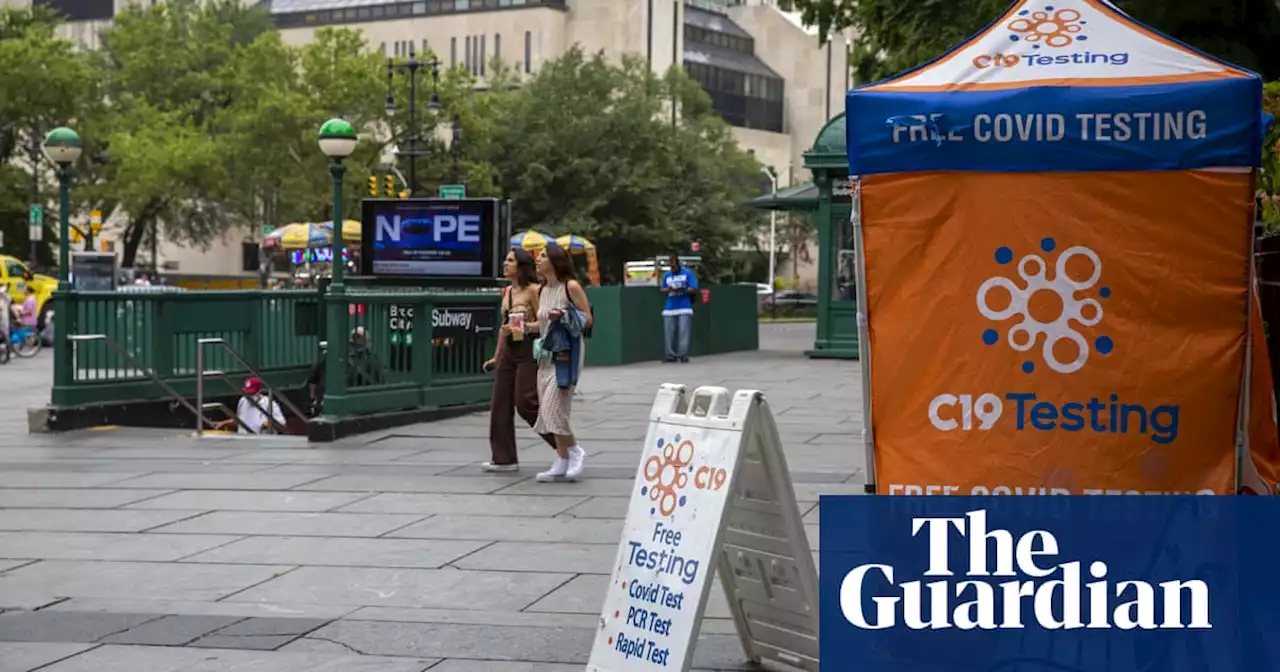It can be useful to know about old COVID-19 infections, but there’s a limited time frame to investigate.
Many Australians don’t know if they’ve had COVID-19. They also don’t know how to find out and, indeed, whether there is any point in doing so.
Past infections with COVID-19 can be detected with a blood test, but the test is far more likely to detect a recent infection than one from the first or second year of the pandemic. But the antibodies measured fade over time and this is where the literature becomes cloudy, says associate professor Philip Cunningham, a biomedical scientist at Sydney’s St Vincent’s Hospital and adjunct associate professor atAssociate professor Philip Cunningham says there aren’t many well-designed antibody studies on the timing of COVID-19 infections.
“Now Sydney is in a good position to retrieve the samples and look at how long nucleocapsid antibodies really last and what factors influence this. A factor such as severity of disease has been implicated in higher levels of antibodies.”As most people rely on direct detection with rapid antigen and polymerase chain reaction tests, he says these antibody tests have not had much utility, but are now becoming more widely used.
“Vaccine-based immunity without infection is still very strongly protective against severe disease, but provides relatively modest protection against infection.”He says the more recent the infection, the stronger the hybrid immunity and the stronger the protection against further infection.they would probably still have hybrid immunity if they’d been vaccinated too.
Even if people know their past infection status, he believes they will still make their choices about modifying their social distancing behaviour and vaccine uptake based on contemporary circumstances.
Australia Latest News, Australia Headlines
Similar News:You can also read news stories similar to this one that we have collected from other news sources.
 ‘Most have thrown their hands up’: has the US forgotten about Covid?As Americans go about their daily lives, severely affected Covid patients are wondering if others are moving too quickly from the worst days of the pandemic
‘Most have thrown their hands up’: has the US forgotten about Covid?As Americans go about their daily lives, severely affected Covid patients are wondering if others are moving too quickly from the worst days of the pandemic
Read more »
 First Nations women bring Straight Talk to parliament for first time since COVID beganMore than 50 First Nations women gather in Canberra for the Straight Talk Summit in an effort to gain a greater understanding of how parliament operates.
First Nations women bring Straight Talk to parliament for first time since COVID beganMore than 50 First Nations women gather in Canberra for the Straight Talk Summit in an effort to gain a greater understanding of how parliament operates.
Read more »
Study finds long Covid risk extends two years after infectionGetting sick from COVID-19 is bad enough. What if you&x27;re one of the unlucky people who experience what is called long Covid?
Read more »
 Long lockdowns a ‘failure of policy’, says WHO envoy on COVIDDavid Nabarro, the World Health Organisation’s special envoy on the pandemic, says he didn’t support the COVID-zero approach.
Long lockdowns a ‘failure of policy’, says WHO envoy on COVIDDavid Nabarro, the World Health Organisation’s special envoy on the pandemic, says he didn’t support the COVID-zero approach.
Read more »
 ‘Unethical’ for GPs to charge to prescribe Covid antivirals, Australian charity saysCouncil on the Ageing says doctors who charge consultation fee for prescription for older people should be called out
‘Unethical’ for GPs to charge to prescribe Covid antivirals, Australian charity saysCouncil on the Ageing says doctors who charge consultation fee for prescription for older people should be called out
Read more »
 Covid linked to longer-term elevated risk of brain fog and dementiaStudy finds that unlike anxiety and depression, conditions including brain fog, dementia and psychosis, are still more likely two years on
Covid linked to longer-term elevated risk of brain fog and dementiaStudy finds that unlike anxiety and depression, conditions including brain fog, dementia and psychosis, are still more likely two years on
Read more »
